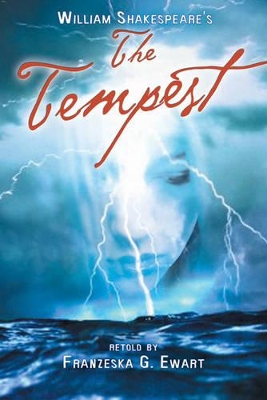This book contains the following story:
"A Midsummer Night's Dream" is a comedic play written by William Shakespeare that intertwines the stories of four groups of characters in a magical and dreamlike world.
Act 1:The play opens in Athens, where Duke Theseus is preparing to marry Hippolyta, the Queen of the Amazons. Egeus, a nobleman, brings his daughter Hermia before the Duke and demands that she marry Demetrius, the man he has chosen for her. However, Hermia is in love with Lysander, and they plan to elope to avoid the forced marriage.
Act 2: In the enchanted forest near Athens, a group of amateur actors, led by a weaver named Bottom, rehearses a play they plan to perform at Theseus and Hippolyta's wedding. Meanwhile, Oberon, the fairy king, and Titania, the fairy queen, are in the midst of a dispute. Oberon enlists the mischievous fairy Puck to use a magical flower that causes anyone hit with its juice to fall in love with the first person they see upon waking. Oberon intends to use the flower on Titania to teach her a lesson.
Act 3: As Puck carries out Oberon's instructions, chaos ensues. He accidentally uses the love potion on the wrong Athenian, causing Lysander to fall in love with Helena, who is desperately in love with Demetrius. This creates confusion and tension between the four young lovers. Meanwhile, Titania, under the influence of the potion, falls in love with Bottom, who has been given the head of a donkey as part of a prank by Puck. The mischievous fairy also causes further mayhem with the actors by altering Bottom's appearance and confusing his fellow performers.
Act 4: Oberon eventually intervenes and reverses the effects of the love potion on the young lovers, restoring their original affections. Titania and Bottom's enchantment is also lifted.
Act 5: The final act takes place during the wedding celebration of Theseus and Hippolyta. The amateur actors perform their comically inept play, which is met with both ridicule and delight. In a final twist, Puck addresses the audience, acknowledging that the entire story was nothing more than a dream. He asks for the audience's forgiveness if the play has offended or caused any confusion. He bids the audience goodnight, effectively concluding the enchanting and whimsical tale.
"A Midsummer Night's Dream" is a captivating and fantastical play that explores themes of love, illusion, and the transformative power of the imagination. The interplay between reality and dream, along with the mischievous antics of the fairies and the comical misunderstandings of the human characters, make it one of Shakespeare's most beloved and enduring works.



![Midsummer Night's Dream [Book with CD]](http://d2bn0peauzh8l1.cloudfront.net/media/images/books/9781409545590.jpg)




